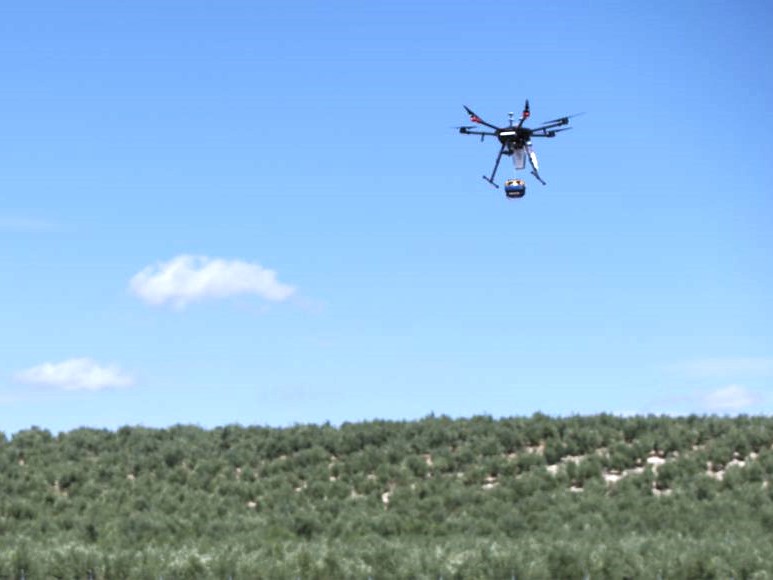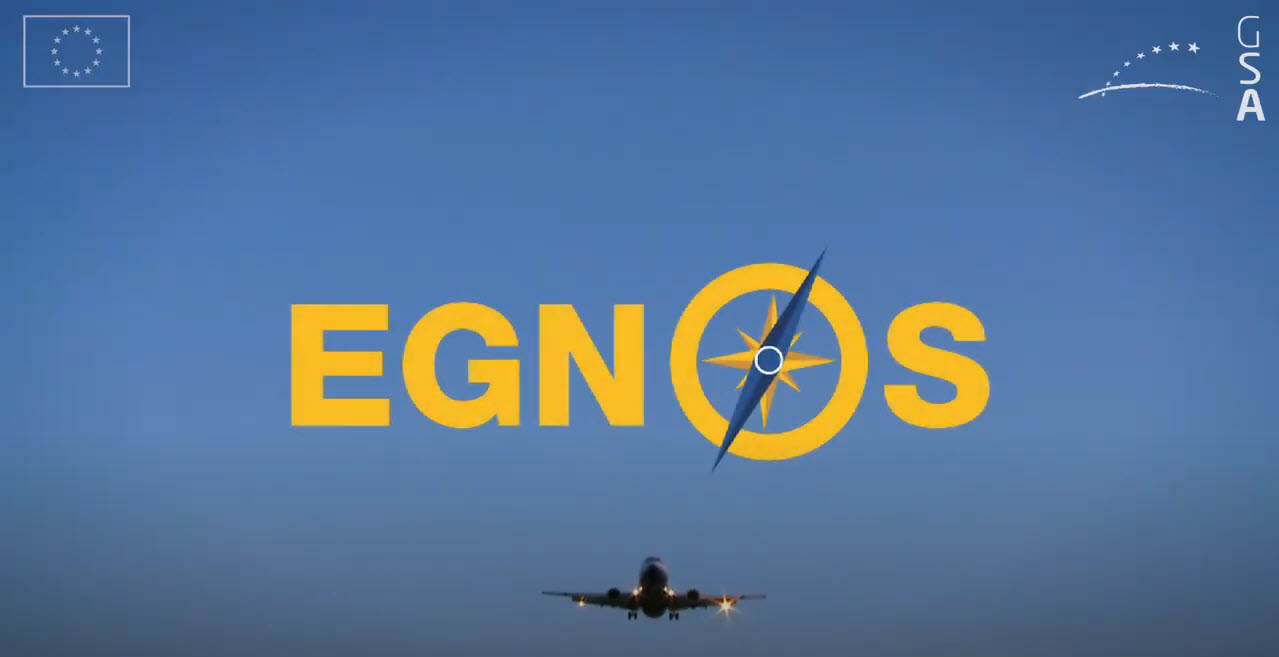
What is EGNOS?
The European Geostationary Navigation Overlay Service (EGNOS) is Europe’s regional satellite-based augmentation system (SBAS), used to improve the performance of global navigation satellite systems (GNSSs), such as GPS and, in the future, Galileo. It has been deployed to provide safety-of-life navigation services to aviation, maritime, and land-based users throughout most of Europe.

Related post
EASA Consultation: Light-UAS Flight Termination compliance
Gain insights into EASA consultation paper on Light-UAS Means of Compliance (MoC) for FTS adoption.
EASA update: Third-country operator regulation amendment
Learn how EASA’s Opinion No. 02/2022 updates TCO Regulation, prioritizing risk-based authorization for third-country operators.
EASA publishes AMC for “enhanced containment” provisions
The AMC for “enhanced containment” provisions for drones allow the applicant to declare compliance without a design verification report.




